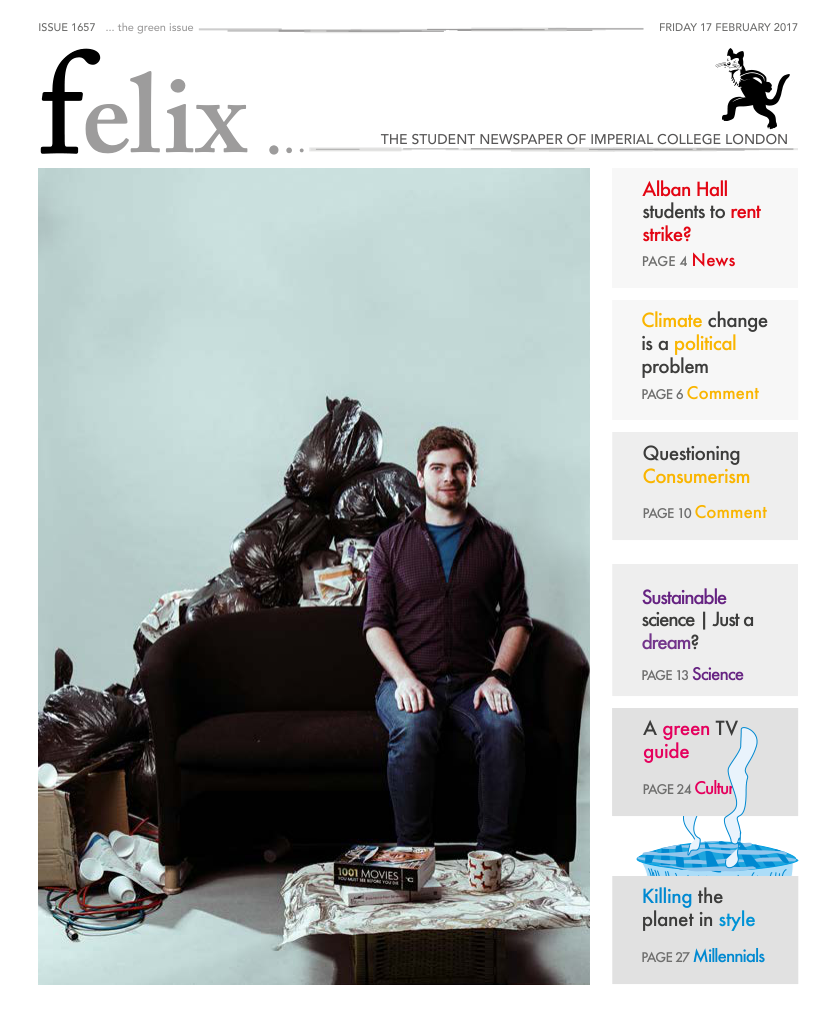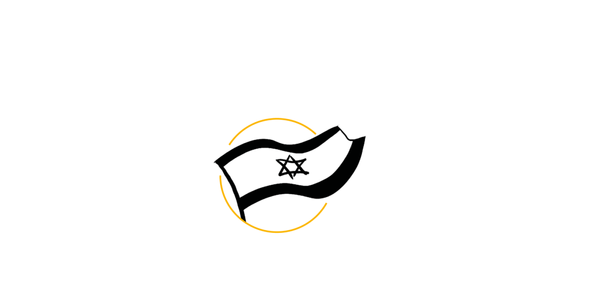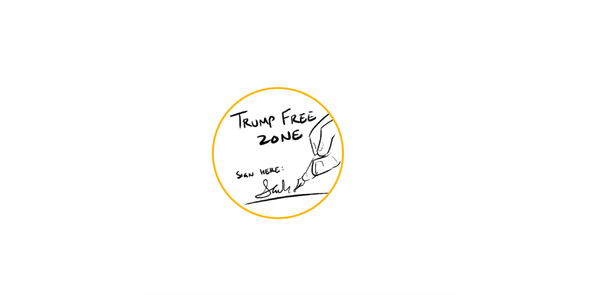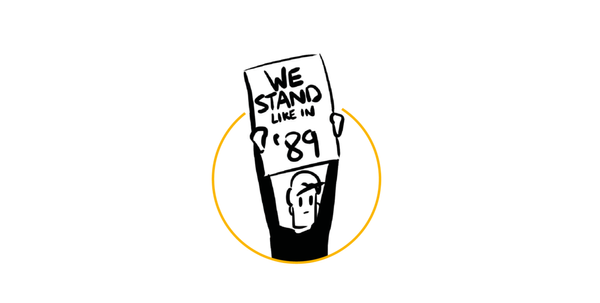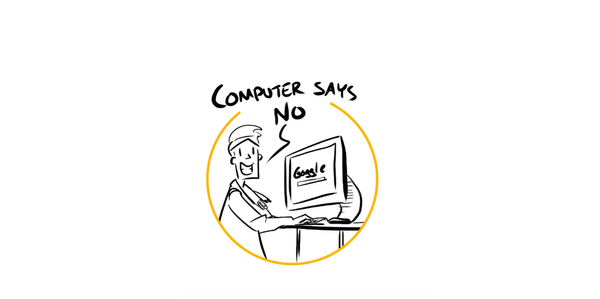Putin has a huge power hard on
Charles Titmuss explains why Putin is probably ecstatic right now

From his images in National Media (and yes, those do require capital letters), it’s clear that Vladimir Vladimirovich Putin has a hard on for one man: himself. Whether he’s shirtless fishing, riding a horse, or killing a bear with his bare hands, Putin’s got a thing for being the manliest manly Russian man around. And right now he has the added advantage of being the shrewdest and luckiest foreign policy operator in the world.
Russian foreign policy for the last 20 years has been one of resurgence. Russia has been a major player in Europe since the 18th Century with the establishment of the Russian Empire, and was a major player in the Napoleonic Wars in the early 1800s, the Crimean War, and numerous wars against the Ottoman and Persian Empires. At the start of the 20th century, Russia initiated the Russo-Japanese War and took part in the First World War. In 1917, the Soviet Union was created, and the Empire became the USSR. The Soviet Union would allow Russia to project its power worldwide like never before, defeating Nazi Germany, and engaging with the US in the Cold War. Following the collapse of the Berlin wall in 1989, and the subsequent collapse of the USSR and its economy, Russia has been comparatively weak.
This is the historic hangover that Putin is operating with: he wants to re-elevate Russia back to the superpower status that it once possessed. With this goal of international influence in mind, it is possible to consider Putin to be arguably one of the world’s most skilled international politicians and certainly one of the luckiest. Despite economic, social and political turmoil, somehow Putin has managed to surf the wave and get to the beach shirtless and smug as hell. Russian influence and prevalence in foreign policy is at the forefront of everyday life, more so than at any time for the past two decades.
To support such a bold assertion, it is critical to look at Russian foreign efforts: Putin has managed to pull off the first successful military intervention in a Middle Eastern country by a foreign power in living memory. By supporting the Assad regime, an established force in Syria with significant local support, Putin has been able to maintain Russian influence in the region, as well as humiliate the West in its rather pathetic and non-committal effort to support the rebellion. Putin has also been able to manipulate the presence of so-called Islamic state to give his brutal campaign and the Assad regime some legitimacy. Air strikes are always conducted against ‘terrorists’, which is apparently anyone that has an objection to being indiscriminately bombarded and gassed.
The war in Syria has also had a possibly unforeseen benefit for Russia the refugee crisis. Nearly five million people have been displaced internationally as a result of the civil war, sparking the migrant crisis for the EU and significantly impacting international relations between its members. Countries such as Greece, Hungary and Romania have had to bear the brunt of this, which has led to increased tension between nations in Western and Northern Europe that have tried and succeeded to dodge sharing the burden. It has also led to the increased popularity of anti-EU and migrant demagogues, threatening the break-up of the EU. The EU is a significant economic opposition force to Russia with members that were once a part of the USSR economic sphere. Any weakening of this coalition is to Russia’s benefit.
Speaking of foreign wars, let’s not forget Ukraine. Following the Orange Revolution and the establishment of Petro Poroshenko, Russia has decided to gently use military coercion to bring the nation back into the fold. This bears some similarity to the invasion of Georgia, or the subjugation of Chechnya. Russia annexed the Crimea and is currently fighting a clandestine war in the Donetsk region in order to destabilise the pro-western regime. The preoccupation of western media with Senor Trump has allowed the increasing violence of this war to go almost unnoticed.
Finally, there is El Trumpo himself. He is unashamedly pro-Russian, as are members of his advisory council, presumably because one would-be tyrant appreciates another, actual tyrant. Putin no longer has to worry quite so much about things such as sanctions that would be almost guaranteed under the Obama administration. Some of those sanctions previously imposed may be lifted in order to cement the collaboration between the White House and the Kremlin.
So all in all, through a combination of good luck and shrewd foreign policy decisions, Putin is in a great place. Despite the challenges to the Russian economy, he has been able to expand Russian hegemony internationally, and is now in an excellent position to continue to do so: the US and EU, previously major opponents to Russian expansion, have either been rendered friendly or are preoccupied with internal political problems, and Russian military prestige is at an all-time high following the successful stabilisation of the Assad regime. The question of 'where next?' is an important one. Latvia, Lithuania and Estonia are all previous components of the Russian Empire, and have large native Russian populations, perfect for another uprising situation as in Ukraine. However, these nations are NATO allies, so such a move could be disastrous for Russia and the world. We shall have to wait and see.

